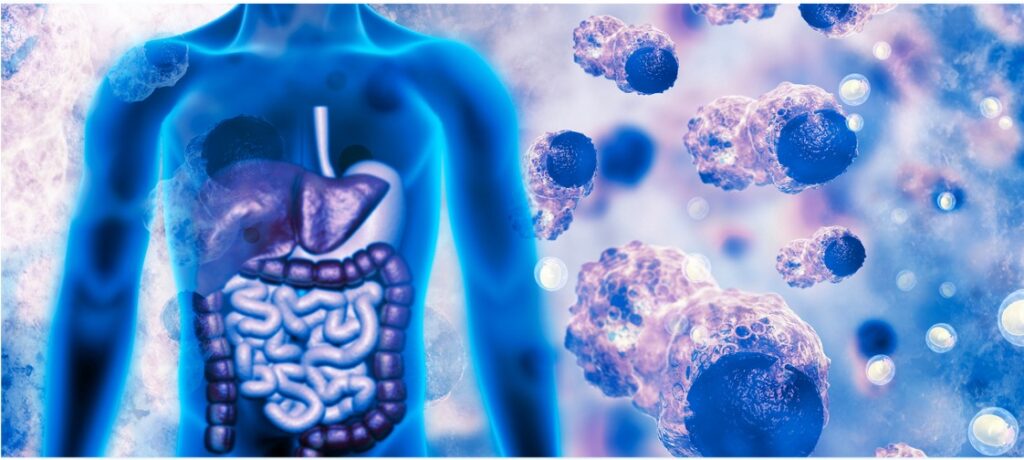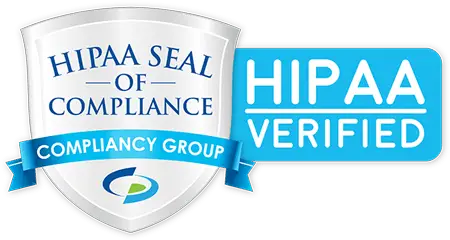epiPANCANCER- a Novel Blood Test for Accurate Early Detection of Cancer from 33 Different Originas Using a BCD-next Generation Method
CELL FREE TUMOR- DERIVED DNA IN PLASMA
It is widely established by now that tumor DNA is shed into the body and could be found in the plasma portion of whole blood even before the onset of clinical symptoms (Warton & Samimi, 2015). Isolating plasma from blood is a simple procedure that could be performed by any clinical lab in almost any hospital or nurse/doctor clinic. The main challenge is how to tell apart tumor DNA from all other normal DNA that finds itself in plasma. And moreover, how do we know if we detect cancer whether it is a liver cancer or some other cancer. It is like finding a needle in a haystack. Although screening for sequence mutations has held high promise, it appears now that it is not a highly effective way for detecting tumor DNA in blood.
BCD METHOD FOR DETECTING TUMOR DNA
However, there is a unique and novel way to detect few molecules of cancer DNA on the background of normal DNA, it is not by examining the genetic sequence but rather by examining the “epigenetic” profile of DNA. Research pioneered by Moshe Szyf, a professor at McGill University and a fellow of the Royal Society of Canada has taken almost three decades to establish the unique epigenetic characteristics of cancer cells and their DNA. Our team has identified a set of regions that are
methylated in almost all cancers and are not methylated in any normal tissue examined and are therefore used to detect cancer in our assay.
Disclaimer: This test was developed and its performance characteristics determined by HKG epiTherapeutics Limited. It has not been cleared or approved by the US Food and Drug Administration. HKG epiTherapeutics Limited is committed to maintain the accuracy, security nd confidentiality of your personal information. epiPancancer is not a replacement for traditional biopsy methods but rather an additional tool in the diagnosis and management of cancer.
Recent Blog Posts
-
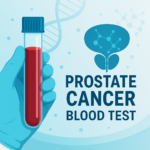 13 Jun 2025MTL Epitherapeutics and RI-MUHC Develop Early Prostate Cancer Blood Test
13 Jun 2025MTL Epitherapeutics and RI-MUHC Develop Early Prostate Cancer Blood Test -
 11 Jan 2025EpiAge Research Publication Signals a New Era in Understanding Biological Aging
11 Jan 2025EpiAge Research Publication Signals a New Era in Understanding Biological Aging -
 18 Nov 2024EpiMedtech Global Announces FDA Registration of EPIAGE, the First Epigenetic Age Test Registered by the FDA
18 Nov 2024EpiMedtech Global Announces FDA Registration of EPIAGE, the First Epigenetic Age Test Registered by the FDA -
 18 Nov 2024EpiMedTech Global Validates Unique epiCervix HPV Combo Test for Cervical Cancer Detection
18 Nov 2024EpiMedTech Global Validates Unique epiCervix HPV Combo Test for Cervical Cancer Detection -
 31 Oct 2024HKG epiTherapeutics’ MetaGen Genetic Risk Assessment Test Receives FDA Registration, Now Available in the U.S.
31 Oct 2024HKG epiTherapeutics’ MetaGen Genetic Risk Assessment Test Receives FDA Registration, Now Available in the U.S. -
 31 Oct 2024EpiMedTech Global Launches epiGeneComplete: A Breakthrough Genetic and Epigenetic Test for Comprehensive Health Diagnostics
31 Oct 2024EpiMedTech Global Launches epiGeneComplete: A Breakthrough Genetic and Epigenetic Test for Comprehensive Health Diagnostics -
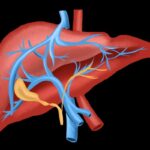 30 Oct 2024Enhanced Early Detection of Liver Cancer
30 Oct 2024Enhanced Early Detection of Liver Cancer -
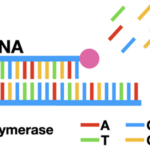 08 Oct 2024Are Microarrays Still Reliable? How Next-Generation Sequencing Outperforms Traditional Methods
08 Oct 2024Are Microarrays Still Reliable? How Next-Generation Sequencing Outperforms Traditional Methods

